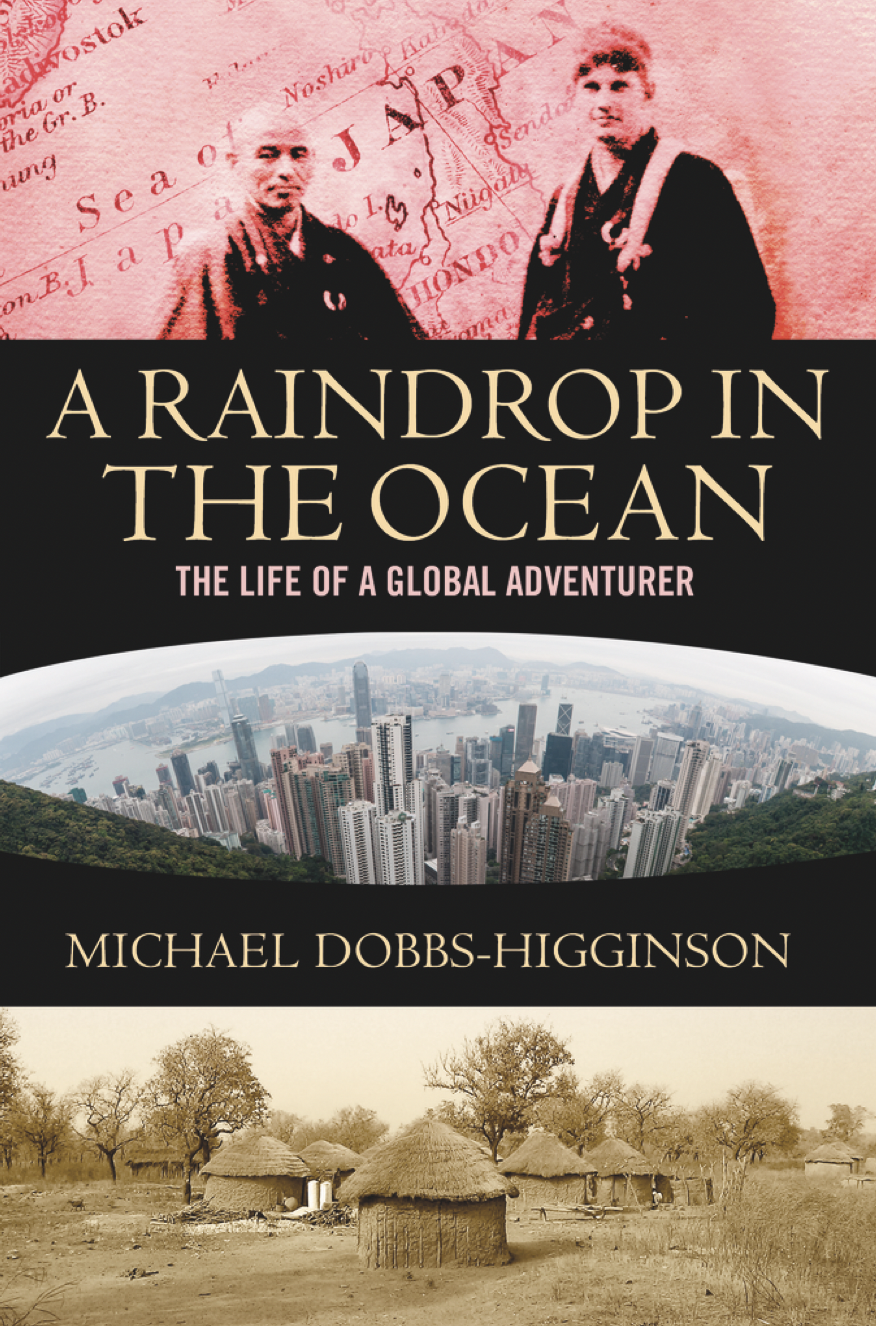Eye Books is a small, independent publisher championing extraordinary stories and overlooked voices since 1996. We publish bold fiction and non-fiction, work closely with our authors, and take pride in bringing unique books to adventurous readers.


The life of a global adventurer
‘Vastly entertaining’ South China Morning Post
Michael Dobbs-Higginson lived the life that Walter Mitty dreamed of having.
Raised in a house with no electricity in colonial Rhodesia, he turned his back on Africa as a teenager to roam the world, studying at a variety of universities and institutions and moving on when he had satisfied his curiosity. He paid his way by working variously as a docker, a logger and an encyclopedia salesman, staying in accommodation as varied as a sumptuous English stately home and the floor of a Canadian public lavatory.
Urged by his quasi-mystic mother to explore the great religions of the world, his ultimate destination was a Buddhist monastery on a frozen Japanese mountaintop, where he conquered gruelling mental and physical hardship to discover untapped reserves of resilience within himself that would set him up for life.
He builds a business career in Japan only to be chased out of that country, in fear of his life, by ruthless CIA operatives. Retraining as an investment banker by starting on the bottom rung, he rose to become an eccentric, kimono-wearing chairman of Merrill Lynch Asia Pacific, and then made and lost several fortunes in a string of business start-ups.
Now facing terminal illness with extraordinary calm, he tells his tales of drug-smuggling, bed-hopping and buccaneering business deals with a raconteur’s panache, while expounding a religious philosophy honed over thousands of years in the East that prioritises balance over winning and losing.
‘Vastly entertaining’ South China Morning Post
‘“A full life” is an understatement’ Victoria Glendinning
‘A remarkably philosophical memoir about what has been a remarkable life’ BBC World Service Business Daily
‘His unique personal doctrine, learned over years, is founded on Buddhist principles with a dab of Western morality. It is, he maintains, the key to securing balance, not happiness - which one should never strive for’ Daily Telegraph
‘A rip-roaring account of an astonishing life’ Global Markets
‘Perhaps the most interesting person I’ve ever had the pleasure of interviewing’ Elliott Haworth, City A.M.
UK postage is free if you spend £20 or more
